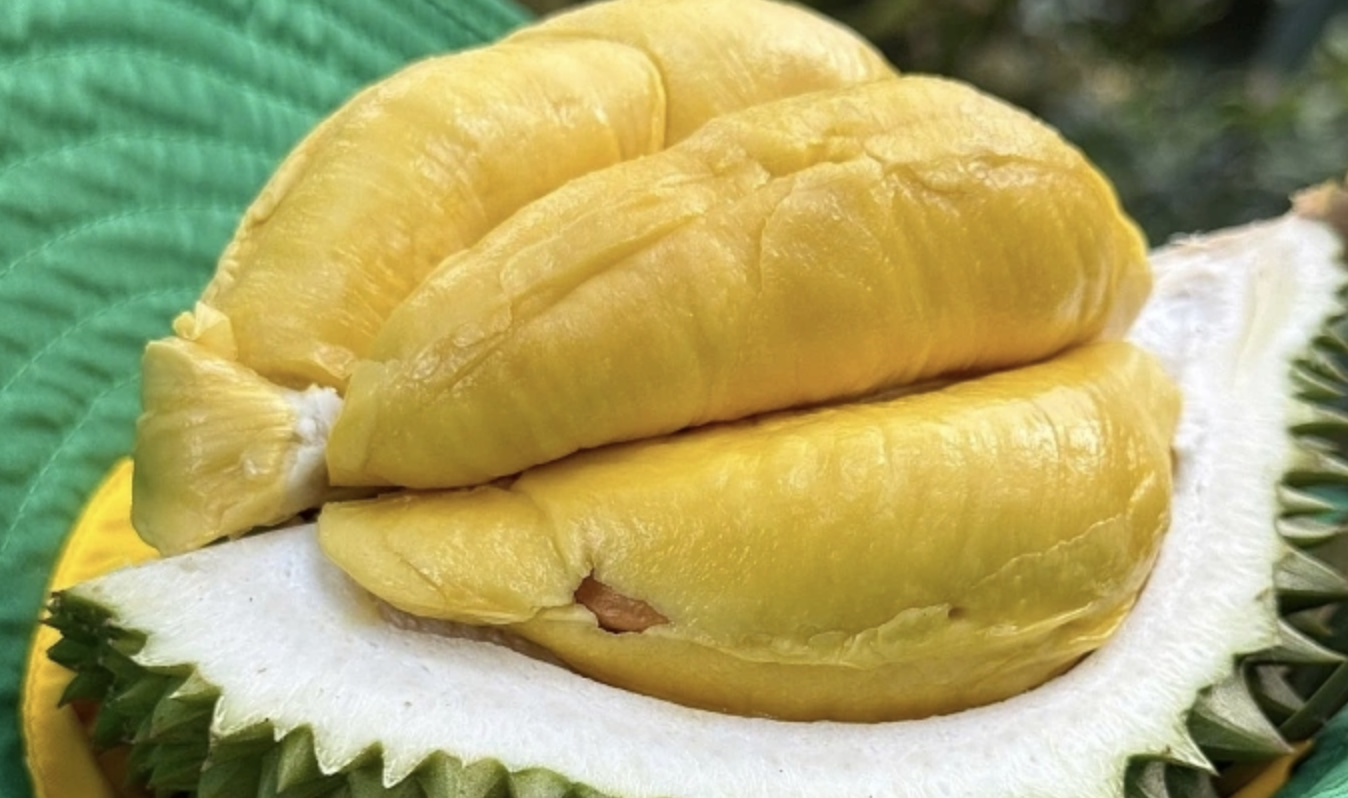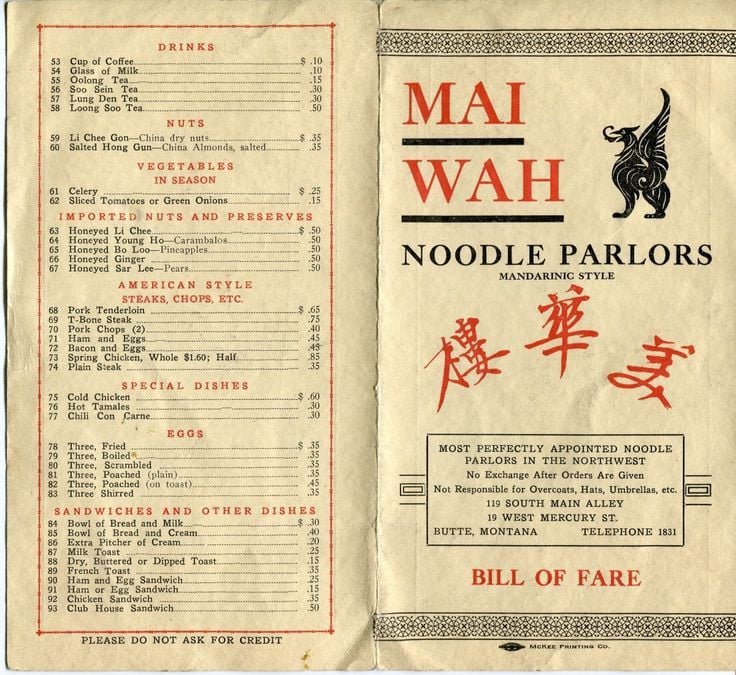[vc_row][vc_column][vc_column_text]
In the last article in my tea column, we discussed tricks on how to judge quality in the visual appearance of the dry leaf:
![]() How to Judge Your Tea, Part 1: Looks MatterArticle Aug 07, 2017
How to Judge Your Tea, Part 1: Looks MatterArticle Aug 07, 2017
Next I’ll discuss the other senses: how can we judge dry leaves by smell, feel, and even sound? The tricks I’ll talk about today are more difficult to use than the ones discussed earlier, but if you constantly pay attention to these factors and develop a good baseline for them, you will be able to tell when a tea stands out from the rest, for better or for worse.
1. Feel

Rou Gui
Good tea is full of stuff. That may sound like a stupid statement, but it’s true. There are physical molecules and compounds that give tea its distinctive characteristics, such as flavor and aroma. Another seemingly stupid statement: this stuff has weight. While this may seem like an arbitrary fact, this simple criterion can be an effective way of judging tea. Take two teas of the same type — lets say Rou Gui, but of two vastly different qualities — and put one in each hand. Although the difference will be slight, the higher quality tea will weigh more.
Good tea has more weight to it
An easier way to test this is to use a scale and weigh out the same amount of grams for both teas. What you will see is that the better tea will need fewer leaves to reach that weight. A heavier leaf is a sign that the leaf has more compounds in it, and thus packs more flavor.
2. Smell
All teas smell different. A white tea smells different from a green tea, which smells different from a pu’er. That being said, there is a general characteristic to the smell that holds across the board for all tea categories: tea should smell lively. Even a Tie Luo Han, which has a full, dark-roasted aroma, has a very lively smell. When you open a jar of Tie Luo Han and take a sniff, the aromas seem to flow effortlessly into your nose, like you were taking in steam.
A good tea has a lively smell, a bad tea has a thick, heavy odor — think steam vs smoke
Even the smell of a well-aged pu’er seems to spring forth when you inhale. A bad tea, by contrast smells thick and heavy. You almost have to put extra effort into inhaling; think steam vs smoke. This is a characteristic that is very hard to describe, but one that in my own personal tea judging has rarely failed me. When I smell a tea and the aroma seems thick and heavy, there is a little red flag that goes up saying something is not right.
3. Sound
This is a trick that a farmer of white tea taught me last spring. I asked him how he judges a white tea before tasting it. He picked up a Silver Needle that had just finished drying and said, “Listen.” With that he pressed ever so slightly on the leaf and I heard a *crack* *crack* *snap*.
When a tea leaf is completely dried, he explained, it cracks very easily. This made me think back to my days of camping, when I would test if a branch was good for the fire. I would break it in half, and if it broke easily it was good; if it didn’t quite break, or bent a bit, that meant the branch still had moisture in it and wasn’t good.
He picked up a Silver Needle that had just finished drying and said, “Listen”
I was able to try this trick on my way back to Shanghai in a random tea shop in Fuding. I pressed some tea between my fingers, but had to apply about twice as much pressure before hearing the crack. This test is relatively new to me, and I hesitated putting it in this article because I am still experimenting with it across other categories, but I think it is a good trick for white tea, and an interesting way to think about the dried tea leaves
There are many ways to judge if a tea is good. The skill of objectively judging tea is something that takes times to develop, and it takes the accumulated use of all your senses. When we judge a tea, we are more than just judging good or bad; it is not so black and white. For example, if a Hou Kui has an amazing flavor but the aroma is bad, it is still a very good tea.
The skill of objectively judging tea is something that takes times to develop, and it takes the accumulated use of all your senses
Judging teas is very complex, and we often have to take our own personal preferences out of the equation. You can say the hypothetical Hou Kui above is bad because you don’t like the vegetal flavor, but Hou Kui is suppose to have a slightly vegetal flavor. This is when these various tests become useful. It takes a long time and many teas to develop a baseline of objective understanding, but once you do, tasting teas becomes a whole new adventure.
| Column Archive |[/vc_column_text][/vc_column][/vc_row]











